CSIRO Innovation Awards cover cancer, crops and cyber
A BLOOD TEST for colorectal cancer, an open-access online portal for Australian biodiversity and a sustainable approach to controlling devastating rust disease in crops, were some of the Australian innovations celebrated today at the annual CSIRO Awards recently. 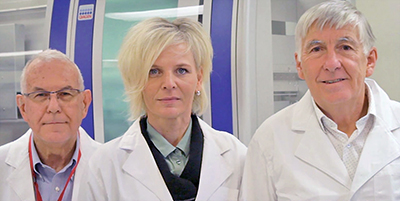
Now in its 32nd year, the CSIRO Awards – presented at the National Gallery of Australia in Canberra – showcased the achievements of the national science agency’s people and partners, and the difference their research makes to industry, society and the planet.
CSIRO chief executive Larry Marshall said CSIRO’s people “get up every morning to change the world”.
The CSIRO Entrepreneurship Award went to the team behind the Colvera blood test for bowel cancer. Colvera can indicate early molecular changes associated with cancer development which could lead to a reduction in the number of deaths from the disease. Working with CSIRO partners Clinical Genomics, Colvera has just been released in the US and will become available in Australia this year. 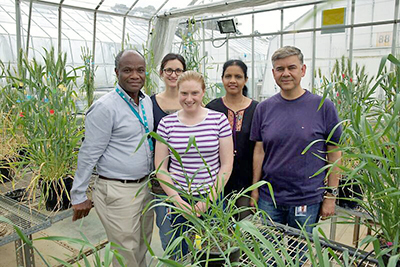
The CSIRO Medal for Impact from Science went to the Atlas of Living Australia (ALA) for developing world-leading e-research infrastructure which is now being adopted globally. The Atlas of Living Australia, which has had more than 13 billion downloads, provides free online access to information about Australia’s biodiversity. The ALA has been developed through its many partners including the Global Biodiversity Information Facility, and is supported through the Australian Government’s National Collaborative Research Infrastructure Strategy (NCRIS).
The Chairman’s Medal for Science Excellence was awarded to the cereal rust disease prevention team whose research, in partnership with the Grains Research and Development Corporation, has contributed to global food security by protecting cereal crops against rust diseases.
The CSIRO Medal for Support Excellence was won by the team behind ON for designing, implementing and expanding Australia’s first national sci-tech accelerator which empowers Australian researchers ‘to create positive economic, social and environmental impact from their science and technology’. 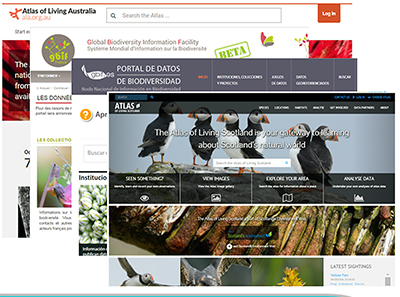
The John Philip Award for the Promotion of Excellence in Young Scientists was won by doctors Sam Spinks and Robyn Hall. Dr Spinks’ research has helped identify prospective regions in WA and the NT for exploration investment. Dr Hall’s research is helping manage wild rabbit populations.
The Chief Executive Professional Development Awards went to Emily Chang, George Feast and Katrina Spencer. Ms Chang has developed new ways and approaches to facilitate innovation and collaboration within CSIRO. Dr Feast is further developing his expertise in facilitating business-research collaboration. Ms Spencer is expanding her expertise in social entrepreneurship.
The CSIRO Medal for Health, Safety and Environment Achievement went to the team of herbarium curators at the spirit collection, for improving health and safety at the Australian National Herbarium and Australian Tropical Herbarium.
CSIRO Medals for Lifetime Achievement were awarded to doctors Jennifer Stauber and Mark Stafford Smith.
Dr Stauber was recognised for her landmark research that has underpinned national water and sediment quality guidelines for environmental protection in Australasia and globally over 38 years. 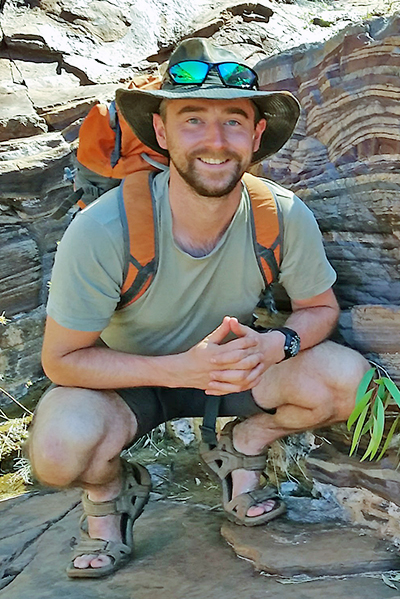
Dr Stafford Smith was awarded for more than 30 years of international leadership in sustainability science that has informed policy and management of human ecosystems under global change and uncertainty.
The Team CSIRO Award went to Dr Jack Steele, ‘for living and breathing what it means to be a member of Team CSIRO’.
“Our people are passionate about creating science-driven solutions for the biggest challenges facing our nation, and thrive on collaborating across the country to make life better for everyone,” Dr Marshall said.
“The CSIRO Awards honour the teams, individuals and partners that embody this vision.
“Every year our people set the bar higher, collaborating with universities and industry more than ever to deliver more game-changing innovations for Australia and the world.” 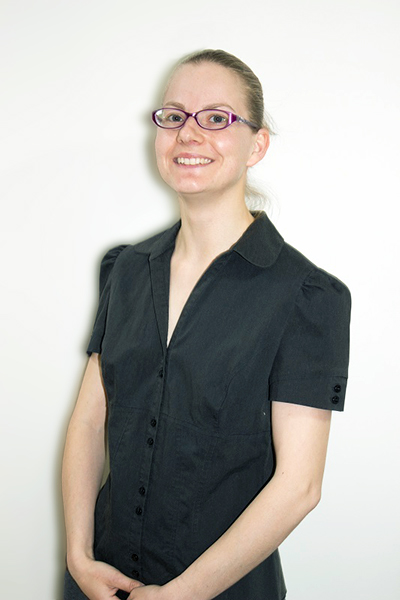
ends

 How to resolve AdBlock issue?
How to resolve AdBlock issue?